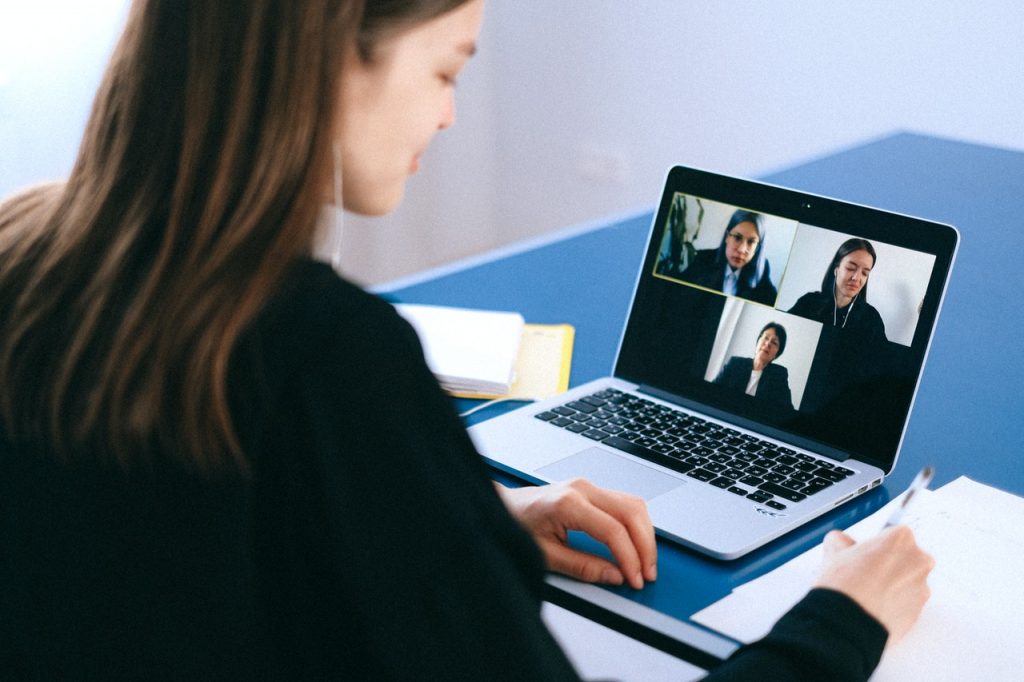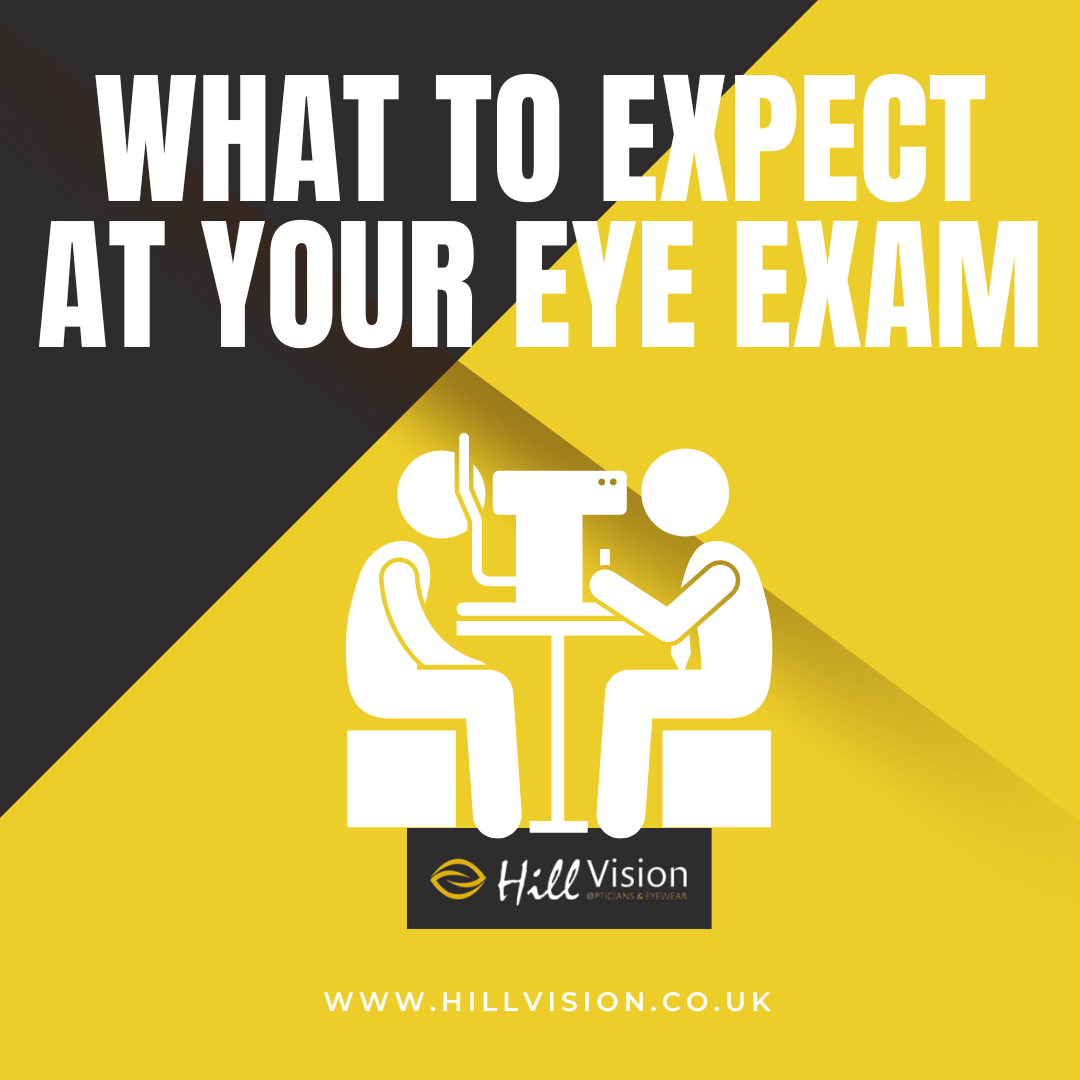With lots of stories and advice available about screen time for kids as well as social media usage for teens, it is proven that excessive screen usage can cause issues with optical health for adults too.
Let us look at how screens interact with our eyes in a negative way…
Eye Fatigue
Our eyes get tired naturally when used intensely, meaning tasks requiring us to concentrate and pay close attention will cause fatigue of the eyes.
Screens are now part of our everyday life and are often used as part of our relaxation when we get home from work for the day, we very rarely give our eyes a break.
Regular eye fatigue can often also lead to issues such as headaches, concentration difficulties and double vision.
Lack of Focus Flexibility
Focus flexibility is how we adjust our eyes so we can see at all distances instantly; if you suffer from untreated long-sightedness or short-sightedness you may find your eyes cannot do this.
As we age, this ability will often lessen and focusing on any type of screen for long periods can also impact this.
You may notice that when looking away or concentrating, it often takes a second for your eyes to catch up.
Although temporary, it will often recur if your exposure to screens is excessive.
Blue Light (Retinal Penetration)
This is the type of light emitted from TVs, device screens, LEDs and fluorescent lighting and it is just one of the visible colours on the spectrum.
Blue light reaches the inner lining of the retina quicker as it has higher energy and shorter wavelengths.
Macular degeneration is a condition that is more often age-related but can be sped up with more and more exposure to high-radiant light.
Dry Eyes (and Irritated Eyes)
Focusing on a screen can cause us to blink less as we are concentrating and absorbed into what we are looking at.
Blinking is a human reflex and is how we keep our eyes moist and healthy.
If we dont blink our eyes can dry out and become irritated and this can cause us to have blurry vision or even longer-term problems with our eyes.
Short-sightedness
Screens are now part of modern life and aren’t going anywhere soon – but we shouldn’t allow them to impact the health of our eyes and our vision.
Healthy eyes need lots of natural daylight so they can develop, this means we need as much time outside in natural light as possible while protecting eyes with sunglasses of course.
Talk to our team about having regular optical check-ups, as well as getting optometrist’s advice and other tips and tricks to keep on top of your eye health!






